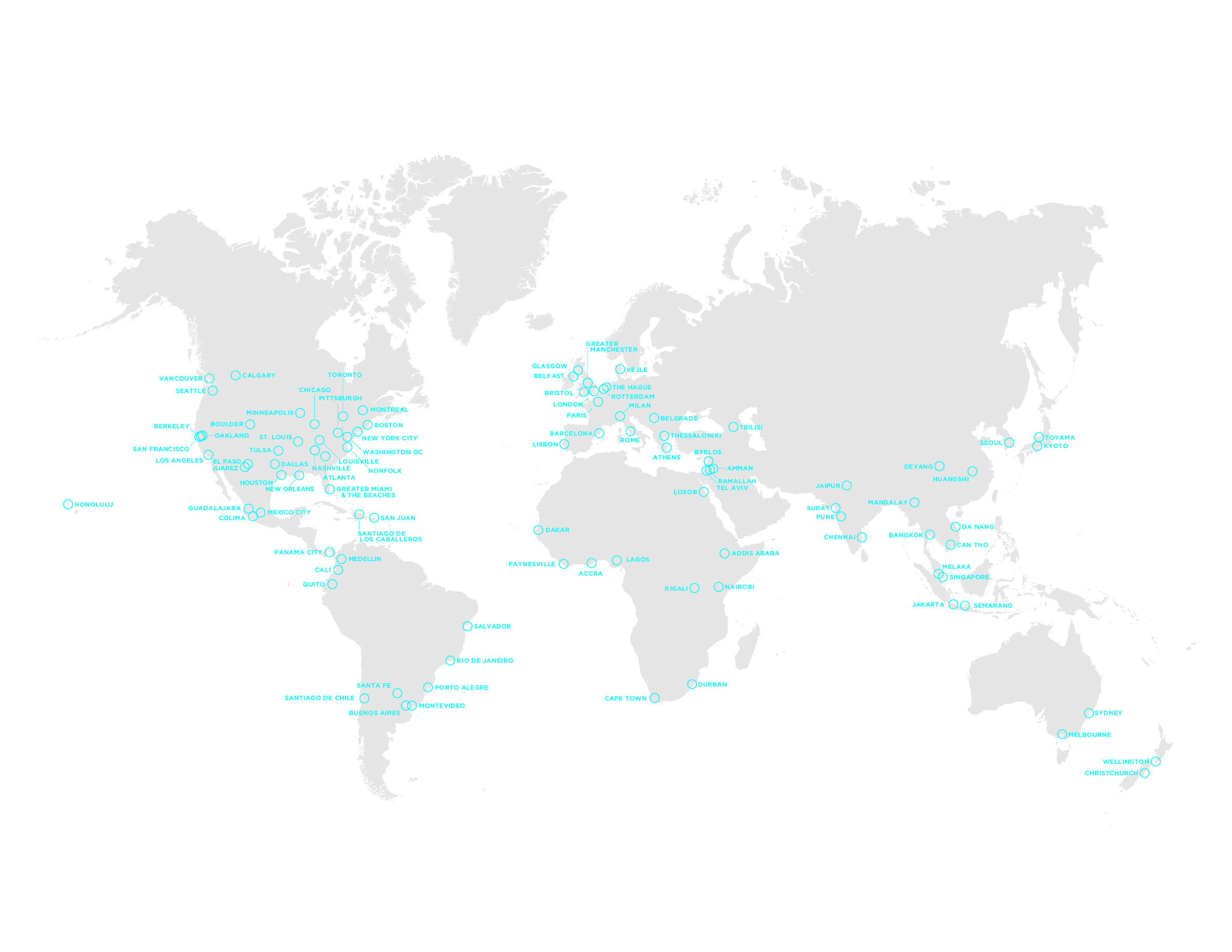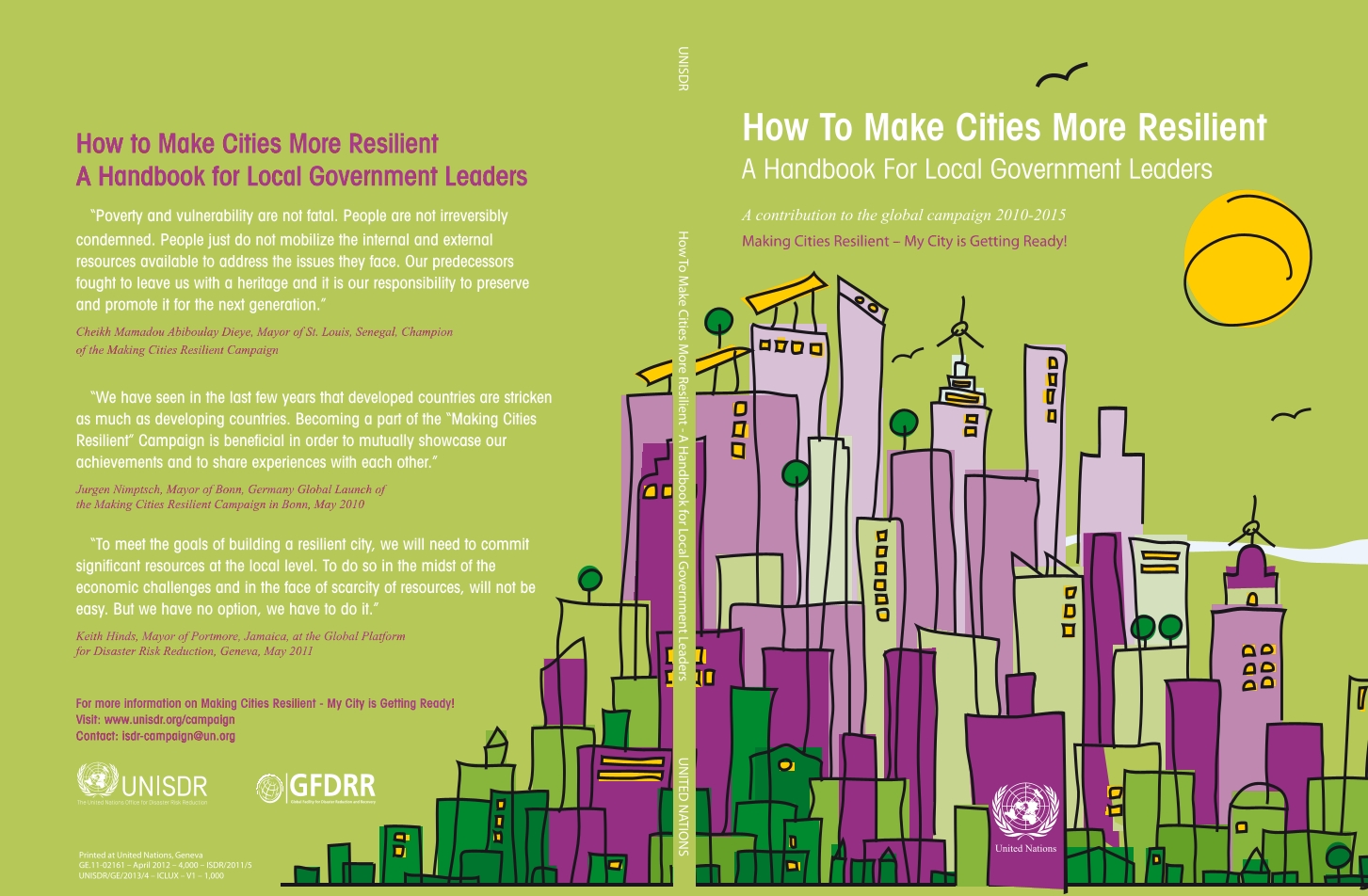
The Yale School of Public Health aims to combat health inequality by partnering with the Resilient Cities Network: a network of nearly 100 cities worldwide, serving their 220 million inhabitants. If current climate projections offer any preview, the years ahead will only exacerbate these inequalities.

In its 2021 report, the National Institutes of Health (NIH) cited the effects of global warming-among them rising temperatures and extreme weather events-as significant risk factors behind a range of diseases, especially among residents with poor access to healthcare and social services. Urban areas are some of the world’s most vibrant-and vulnerable-spaces. According to the report, the desire and ability to share critical lessons, often learnt from difficult experiences, strengthens the movement and makes it even more impactful.The Yale School of Public Health’s program to target urban inequalities through research and policy with the Resilient Cities Network The second section focuses on a variety of actions that the member cities are taking to build resilience within specific sectors 15 key urban sectors are considered, one of which is climate change. The first section of the publication highlights 23 best practices and examples from the global network. It gives an overview of what it takes to catalyze an urban resislience movement. This report highlights that the current approach to urban governance in a siloed way might not be the most effective one, where different teams are responsible for designing disaster recovery plans, exploring sustainability issues or managing infrastructure projects.

The “Resilient Cities, Resilient Lives” report provides the best practices and lessons learnt from more than 70 cities that have published Resilience Strategies, containing over 3,000 initiatives in the past six years. In order to tackle some of the physical, social and economic challenges of the 21 st century, in 2013, the Rockefeller Foundation (RF) launched the 100 Resilient Cities (100RC) initiative to support a global network of cities.


 0 kommentar(er)
0 kommentar(er)
